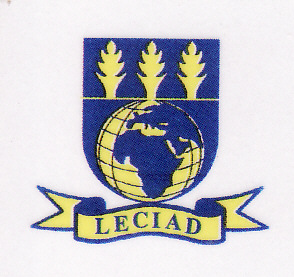The salient objective of this course is to strengthen students’ ability to conduct and analyze complex research material. Also, it is designed to promote students’ understanding of the major world-views that inform and shape research questions in international relations, and how these orientations dictate the choice of different research methodologies. The entire course deals with both theory and applied forms of research. The first section, which is largely qualitative, begins with epistemology, problems of deductive and inductive reasoning, and a discussion of the research design with emphasis on how to select and problematize a research topic, framing of the objectives, hypothesis and literature review. It then examines the data collection approaches and sampling procedures and processes. It addresses sampling type issues such as probability and non-probability as well as observation with special focus on direct and indirect observation. Part of this section also discusses primary and secondary sources of data and document analysis. The second section is devoted to quantitative research, which examines both univariate data analysis and descriptive statistics. It devotes space for measuring relationships and testing of hypotheses, and bivariate data analysis; the search for explanations and causal variable and multivariate data analysis as well as the use and application of statistical software to generate and interpret data. In the third section, attention is paid to research report writing, citations/referencing style, ethical and plagiarism issues. The mode of delivery will be both lecturer-led and student-centred (students’ active participation will be promoted through group works, demonstrations and practical field work exercises). In the event of a pandemic, online platforms via the University’s Sakai Learning Management System and other virtual means will be explored. It is expected that students who complete this course would be well-equipped to analyse the complex and diverse theoretical approaches that underpin research methodology; construct an appropriate research design, and synthesis data to address growing problems of society.



